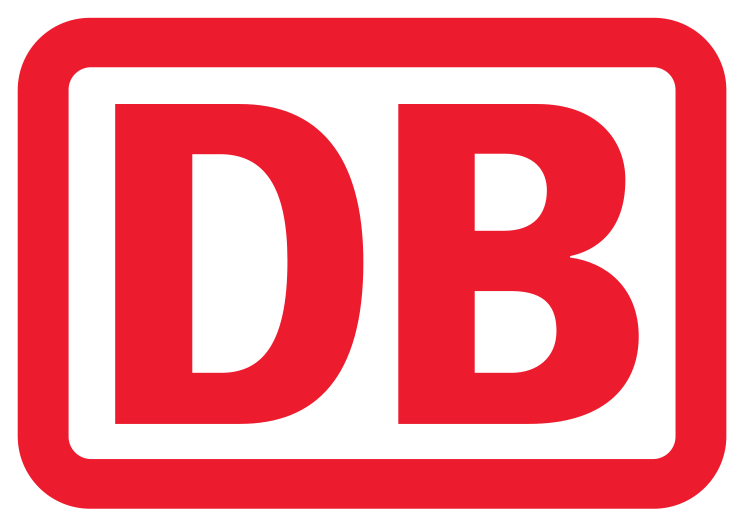Climate management and CO₂ balancing
Framework conditions for climate protection strategies

Contents
Introduction and basics of climate management
- Introduction to climate management.
- Fundamentals and importance of climate protection.
Scientific foundations
- The greenhouse effect and planetary boundaries.
- Relationship between industry and climate change.
- Climate risk and vulnerability analysis.
National and international requirements
- Milestones in climate protection.
- Legal framework.
Relevance of climate protection
- Why active climate protection makes sense.
- Current climate rulings and their significance.
Steps towards climate neutrality
- The master plan: steps toward achieving climate neutrality.
- CO2 accounting: terms, definitions, accounting methods.
Relevant standards for CO2 accounting
- GHG Protocol (Greenhouse Gas Protocol).
- ISO 14064 (International Standard for Greenhouse Gas Inventories).
- ISO 14067 (international standard for the carbon footprint of products/services).
Communication and interfaces
- Communication of the CO2 balance.
- Interfaces to ISO 14001/50001.
- Sustainability management systems.
Learning environment
In your online learning environment, you will find useful information, downloads and extra services for this training course once you have registered.
Your benefit
- You will learn why effective climate management is important for your company and how it contributes to sustainable development.
- You will gain an overview of the scientific basis of climate protection, including the greenhouse effect and planetary boundaries.
- You will learn about relevant national and international regulations, such as the Paris Agreement, Green Deal, EmpCo, etc., and their significance for your company.
- You will learn why climate risk and vulnerability analysis is crucial when dealing with climate change.
- You recognize the need for active climate protection and the steps required to achieve climate neutrality.
- You understand the definition and importance of carbon accounting and why it is crucial for your company.
- You will gain insight into legal requirements and reporting obligations, including the EU Emissions Trading Directive and relevant standards such as the GHG Protocol and ISO 14064.
- You will learn how to effectively communicate carbon accounting and use the interfaces to existing management systems (e.g. ISO 14001/50001).
- You will benefit from practical tips and best practices to reduce your greenhouse gas emissions and make a positive contribution to climate protection.
- You discover how you can involve your employees in climate protection and develop ideas together to achieve climate neutrality.
Methods
Expert input, exercises, group work, discussion, best practice examples, and working aids.
Recommended for
Specialists and managers, as well as those responsible for environmental, energy, or sustainability management, and all employees who are involved in or preparing for the preparation of a greenhouse gas inventory in the company.
Further recommendations for "Climate management and CO₂ balancing"
41312
Start dates and details

Wednesday, 18.03.2026
09:00 am - 5:00 pm
Thursday, 19.03.2026
09:00 am - 5:00 pm

Tuesday, 09.06.2026
09:00 am - 5:00 pm
Wednesday, 10.06.2026
09:00 am - 5:00 pm
Tuesday, 22.09.2026
09:00 am - 5:00 pm
Wednesday, 23.09.2026
09:00 am - 5:00 pm
- one joint lunch per full seminar day,
- Catering during breaks and
- extensive working documents.

Monday, 30.11.2026
09:00 am - 5:00 pm
Tuesday, 01.12.2026
09:00 am - 5:00 pm
Monday, 22.02.2027
09:00 am - 5:00 pm
Tuesday, 23.02.2027
09:00 am - 5:00 pm
- one joint lunch per full seminar day,
- Catering during breaks and
- extensive working documents.
- one joint lunch per full seminar day,
- Catering during breaks and
- extensive working documents.
 4.6
4.6








